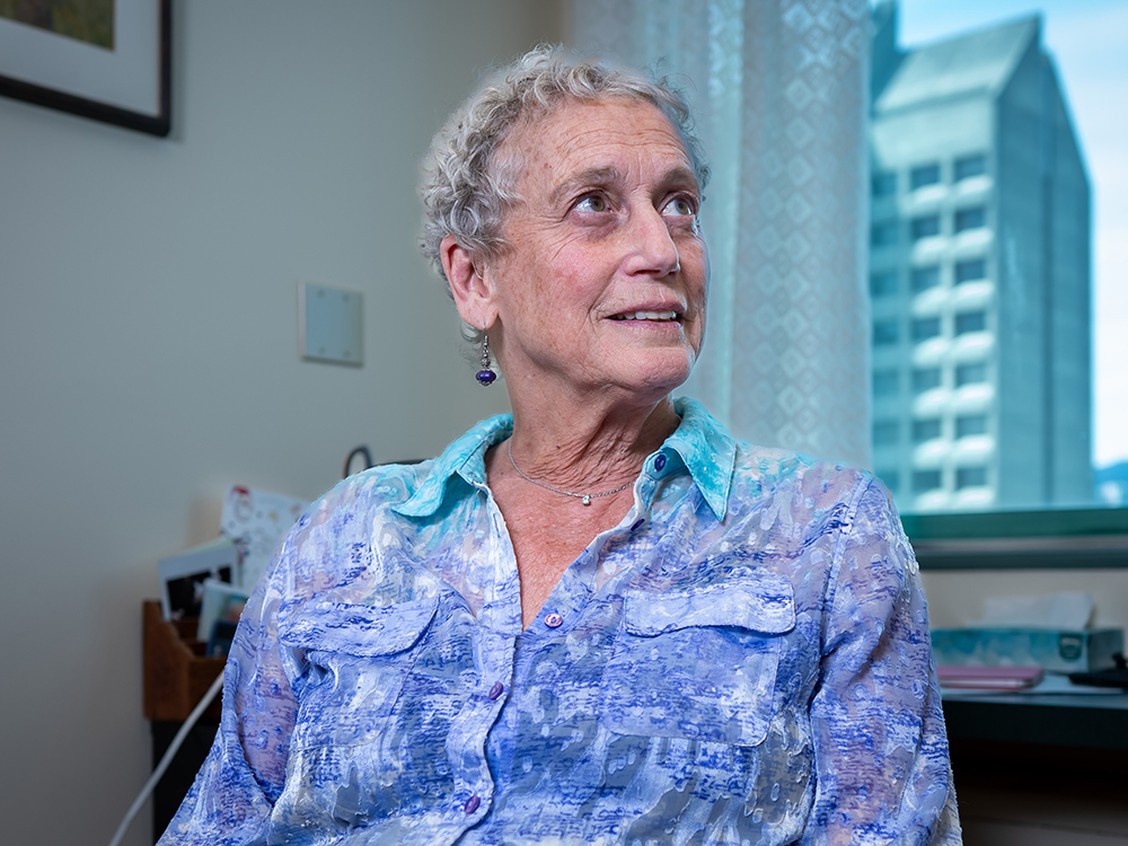MAID, Here Today, Gone Tomorrow
"[His back pain] was neither grievous nor irremediable and therefore did not meet the statutory eligibility criteria for MAID [Medical Assistance in Dying].""[His request for MAID was also influenced] by external pressure including concerns about personal finances.""Despite this, J.M.M. was wrongfully approved for MAID by the defendants. In facilitating J.M.M.'s access to MAID, the defendants acted negligently or recklessly, causing J.M.M.'s death""After being allegedly approved for MAID, J.M.M. indicated that he did not wish to proceed with the procedure and wished to pursue other means to relieve any suffering he had, including rehabilitation."Vancouver family's wrongful death claim
 |
A 52-year-old Vancouver man identified only as J.M.M., had a long history of mental illness. In 2013, according to a statement of claim filed in the Supreme Court of British Columbia, by the man's former spouse, his father and his three children, J.M.M. was diagnosed with bipolar disorder. As well, he suffered from 'remediable' (treatable), chronic back pain. The lawsuit launched by the man's family claims the assisted-death law in Canada is unconstitutional, exposing people with coexisting physical and mental illness to "heightened risks of premature death, facilitated by the state".
J.M.M. was euthanized without his family's prior knowledge, at a Vancouver clinic. At the time the man was out on a day pass from a hospital psychiatric ward. The lawfulness of an assisted death provision in Canada is being sued once again. Dr. Ellen Wiebe is among those named in the suit. She has the distinction of being the most prolific provider of medically assisted death in Canada, administering life-ending drugs to over 400 people. De. Wiebe has been described as a cheerful individual, satisfied with her role as an executioner for people living insufferable lives due to chronic medical conditions.
Assisted-death law as it stands currently in Canada, temporarily excludes people from accessing MAID until some point in 2027, with a sole underlying medical condition that is a mental illness. However, people with concurrent mental and physical illness are not excluded by the law from accessing an assisted death. According to the family's claim, J.M.M. had no capacity to make decisions about his health, much less to consent to MAID, as a result of his mental illness, rendering him ineligible for MAID.
 |
| JMM's family claims he was committed to the psychiatric ward at St. Paul's Hospital but was released on a day pass. (Ben Nelms/CBC) |
When the family raised concerns over the legitimacy of the approval for MAID, no response was received. A court order was obtained by the family in late 2022, committing J.M.M. to the psychiatric ward of St. Paul's Hospital. There, his treating physicians "opined that J.M.M. should not receive MAID due to his mental illness, which served to impair his capacity to consent", asserts the claim. "Nonetheless, the defendants negligently or recklessly" allowed J.M.M. to leave the hospital on a day pass.
Whereupon the man took himself to Wiebe's clinic that afternoon, then died "through the improper administration of MAID", according to the claim. Further, the family stated they learned of his death only afterward. The death resulted from the "wrongful action of the physicians and institutions that facilitated MAID, as well as the unconstitutional regulation of MAID by the federal and provincial governments."
The federal MAID framework and corresponding provincial policies, they argue, infringe on the Charter rights to life, liberty ad security of the person. Included in the lawsuit is the Attorney General of Canada, B.C.'s minister of health, Wiebe's Willow Reproductive Health Centre, Provincial Health Services Authority, Vancouver Coastal Health Authority and Providence Health Care Society.
This is the second case in two months where Dr. Wiebe has been involved. Months earlier a British Columbia judge granted an urgent injunction that stopped a woman's death by MAID the very day prior to its scheduling. In this case, the woman's common-law partner prevented Wiebe or any other medical professional from helping to end the 53-year-old Alberta woman's life within 30 days
 |
| The issues concerning the intersection of physical and mental illness in JMM's claim echo concerns raised in the October injunction application filed the day before a 53-year-old Alberta woman known as NB was scheduled to end her life in a Vancouver clinic. (Shutterstock) |
"[The latest case] confirms that there are already serious concerns that non-specialists feel comfortable to end the life of persons with mental illness who need care and protection, rather than death as therapy."Trudo Lemmens, professor of health law and policy, University of Toronto

0 Comments:
Post a Comment
<< Home